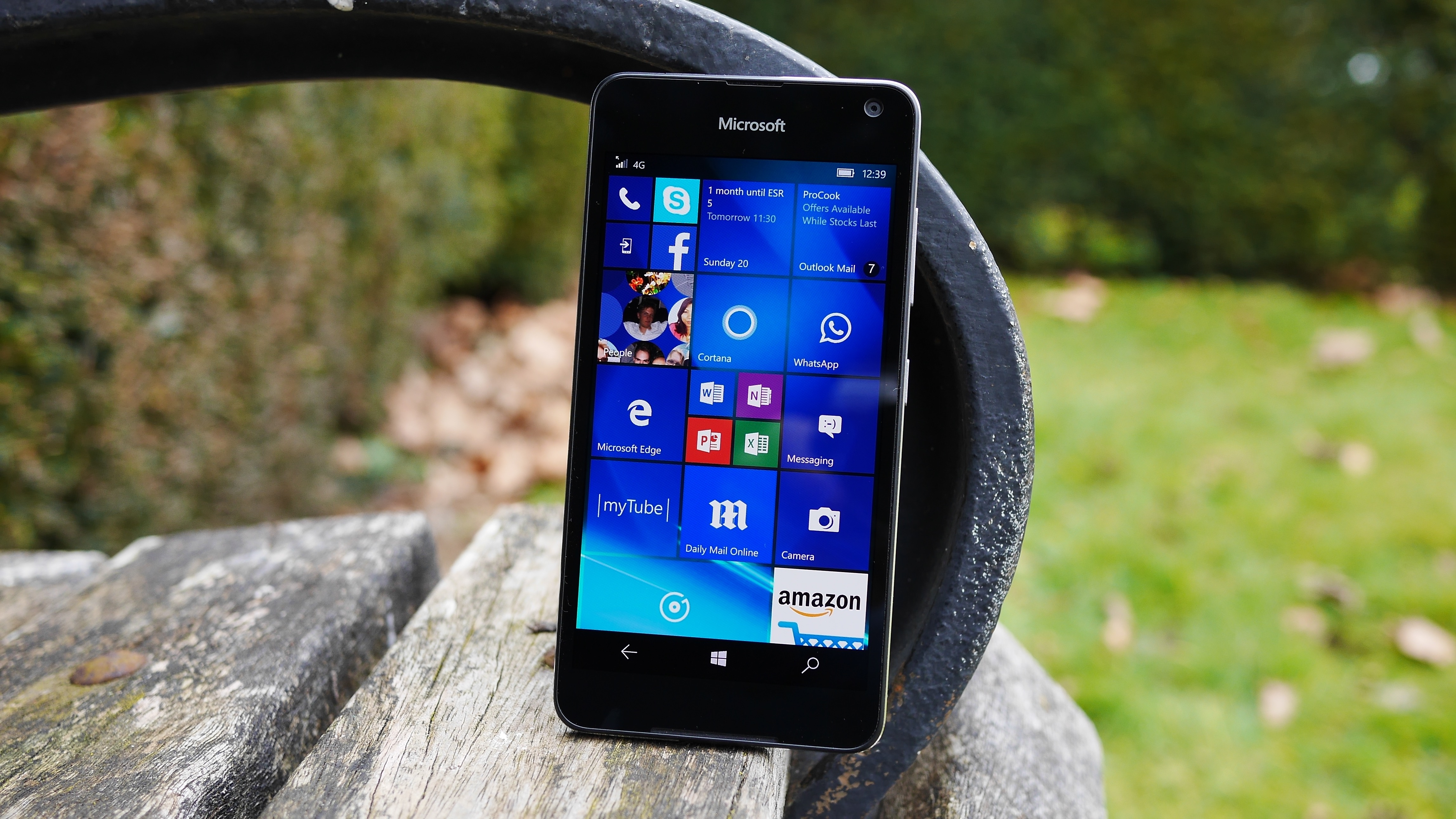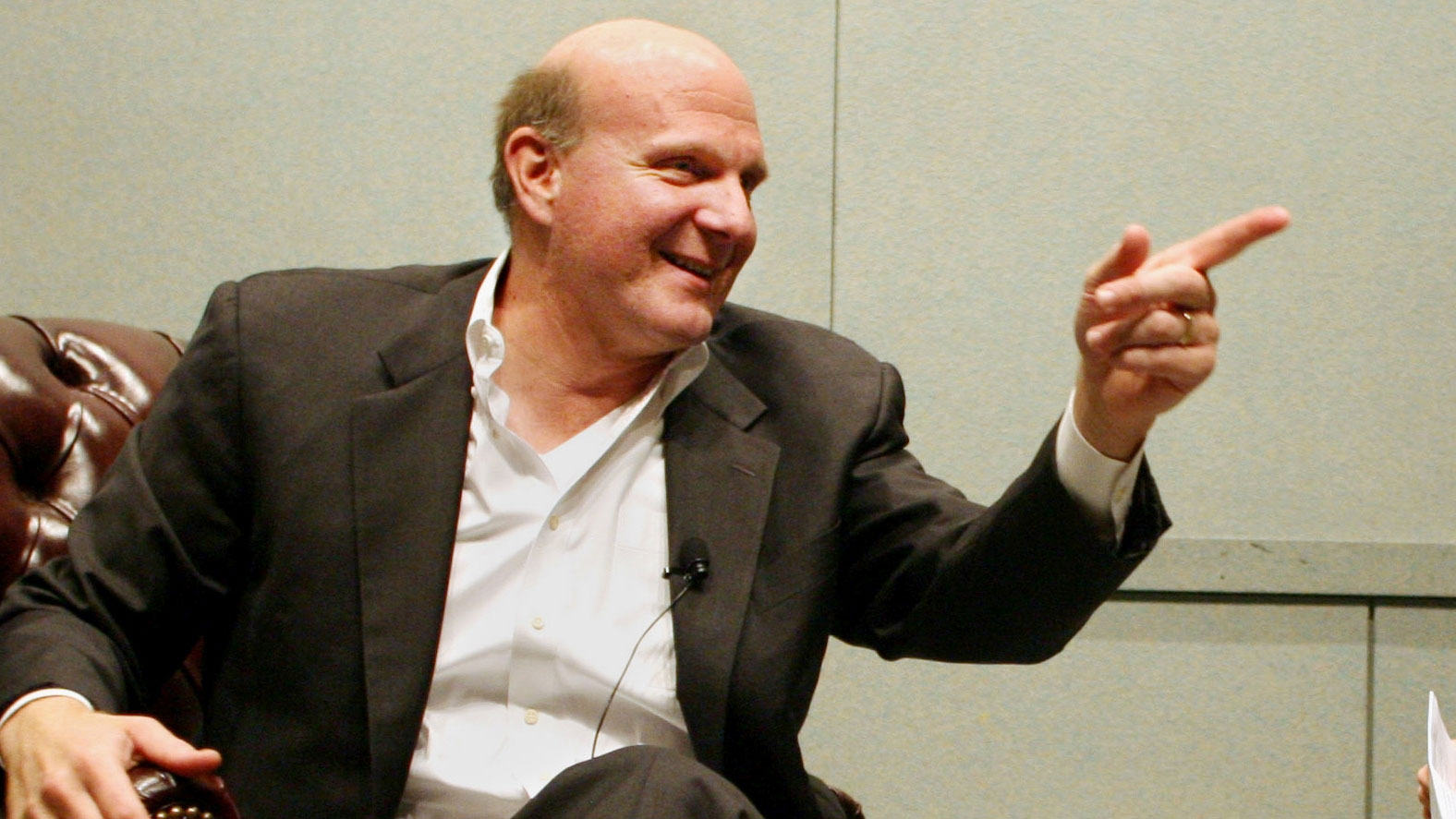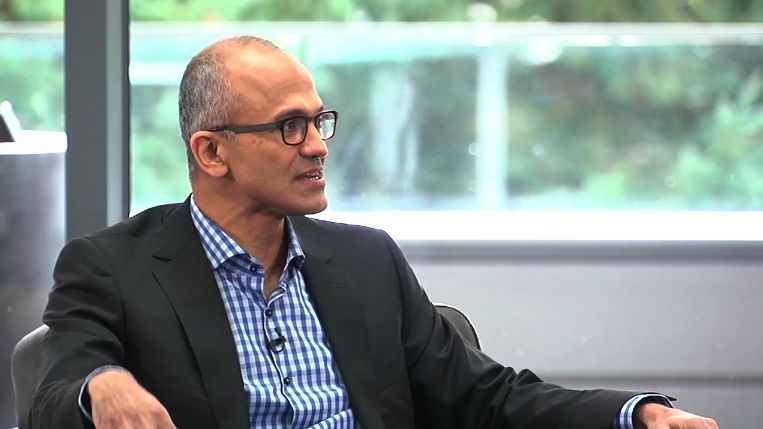Satya Nadella just fixed a massive problem at Microsoft
Dumping what remained of the phone business was the right move

Last week, Microsoft CEO Satya Nadella – only the third person to have the job in over 40 years – announced in a press release that the company planned to "streamline [its] smartphone hardware business".
The streamlining will cut 1,850 jobs, the majority of which are in Finland, and cost $950 million (around £650 million, or AU$1.3 billion), around $200 million (around £140 million, or AU$280 million) of which will be in staff severance packages. The rest, it can be assumed, will be getting rid of unsold stock, buying tissues into which executives will weep, and so on.
The move follows the announcement that Microsoft was selling its 'dumb' phone business to a subsidiary of Foxconn for $350 million (around £240 million, or AU$480 million), which was seen as the first – or last, depending on how you look at it – sign that Microsoft was exiting the phone business altogether.
Refocusing efforts
Of course, Microsoft has not explicitly expressed it like that. "We are focusing our phone efforts where we have differentiation," wrote Nadella in the press release. Microsoft will now cater to "enterprises that value security, manageability and our Continuum capability, and consumers who value the same."
In an email to staff, published by Recode, Terry Myerson, the man in charge of Windows and Devices, wrote that the team had "done hard work and had great ideas, but have not always had the alignment needed across the company to make an impact."
This argument is, as pointed out by Ben Thompson, an independent analyst, rather silly – "clueless," as Thompson puts it – because it largely misses the point that Microsoft could have made a decent run at the mobile world and it was "alignment" across the company, rather than macro-level events, which halted progress.
However, the fact Microsoft is now cutting off the limb that was its phone business is a good sign and reinforces the idea, which is held by many long-term observers, that Nadella is doing a good job and the changes he is making – freeing the Office, Azure, and Windows teams, along with focusing on getting software out, rather than tying it to Windows, and so on – are working.
Sign up to the TechRadar Pro newsletter to get all the top news, opinion, features and guidance your business needs to succeed!

The legacy of Nokia, which is no longer a Microsoft-controlled brand, has been largely wasted by Microsoft after it was acquired for $7.2 billion (around £4.9 billion, or AU$10 billion), a deal which was quickly identified as Steve Ballmer's last mistake as CEO before handing over the reins to Nadella.
Righting wrongs
Ever since the day Nadella became CEO, he has been undoing the wrongs of the deal, which blew a sizeable hole in the company's coffers and saddled it with a failing business that would, over the next few years, see phone market share drop to under 1%, which is classified as a rounding error by some firms.
Lumia devices never sold well, with consecutive sales decreases of 46% and then 49% in the past two quarters, and the 'dumb' phone business was being swallowed by cheap-as-chips Android phones, some of which retailed for under $25 in key markets like India.
All in all, the deal for Nokia made no sense, but it had to be kept because, well, it cost over $7 billion and would have been an embarrassing thing to walk away from before now, when the game is well and truly over. When Steve Ballmer laughed at the iPhone in 2007, it should have been taken as a sign of how wrong this deal would go.

Nadella, to his credit, has done almost everything in his power to right this wrong, however, and the Microsoft that exists today is one that has learnt from the mistakes of the past and, bar the massive financial burden, is ready to move on.
Max Slater-Robins has been writing about technology for nearly a decade at various outlets, covering the rise of the technology giants, trends in enterprise and SaaS companies, and much more besides. Originally from Suffolk, he currently lives in London and likes a good night out and walks in the countryside.